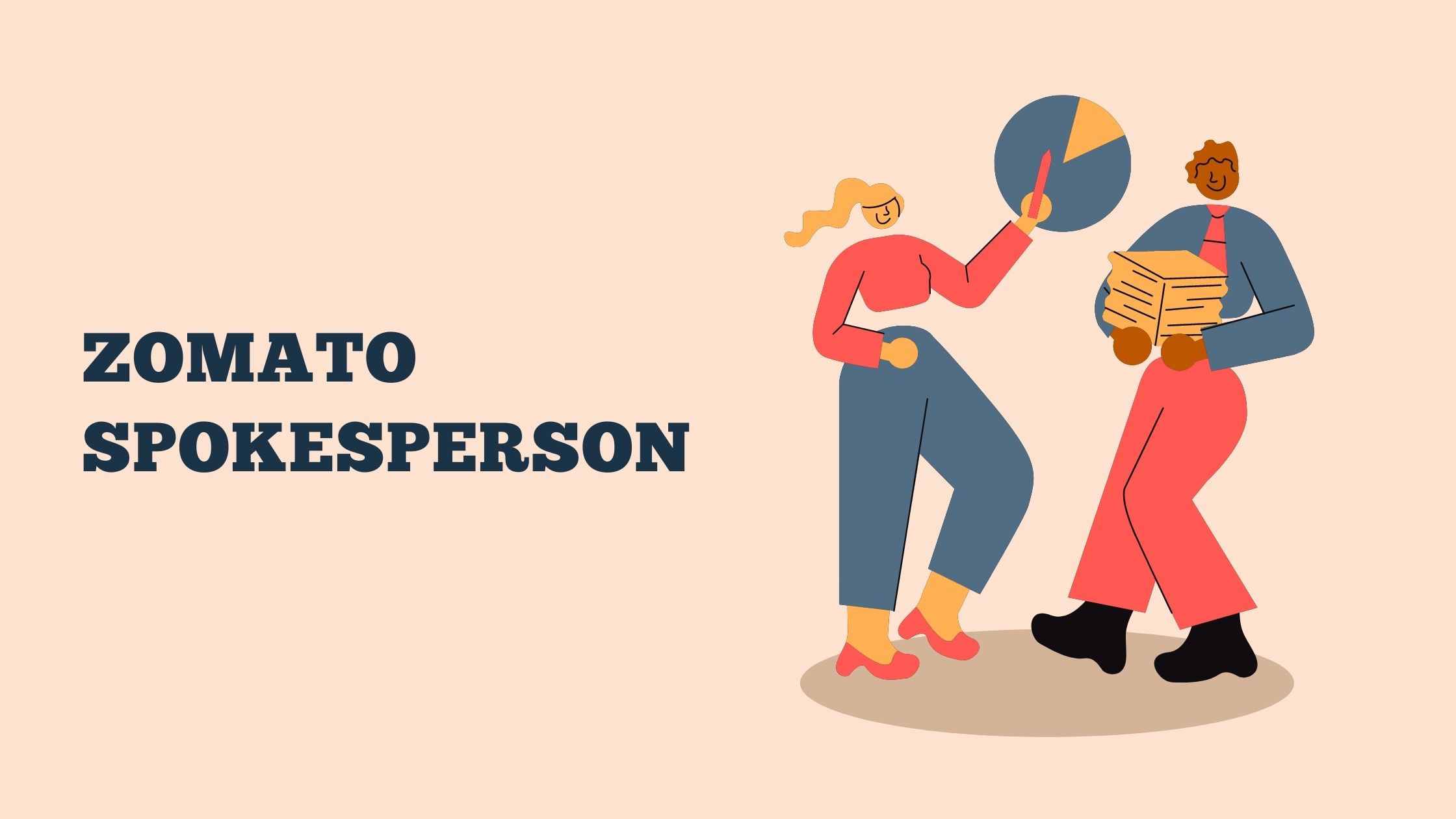Exclusivity is a two-pronged weapon for e-commerce players. It drives traffic to the platform while holding competition off. For businesses which have been badly affected by the pandemic, it could prove crucial.
In May, when India eased the nationwide lockdown it imposed due to the pandemic, allowing e-commerce players to resume operations across categories, Amazon India didn’t rebound the way it had hoped to. Its sales volumes were 1/5th of its projections. Despite expecting a surge in purchases for items like gadgets, customers stuck to buying essentials, said an executive at Amazon’s analytics unit. They requested anonymity as they are not authorised to speak to the press.
ZOMATO SPOKESPERSON

Unlike e-commerce, though, foodtech is not bound by the same regulations that bar exclusivity for e-commerce platforms. “[Unlike Amazon and Flipkart] We don’t aggregate traders, we aggregate restaurants, we don’t buy inventory, we are not distributors,” explained a high ranking executive at Zomato, declining to be named as they’re not authorised to speak to the media. Swiggy and Flipkart did not respond to queries from us.
That said, the $50-billion restaurant industry in India is one of the worst hit by Covid and many restaurants are walking out of exclusivity contracts or renegotiating terms, several owners and executives told us. The likes of Appario are facing a similar fate with many Medium Small and Micro Enterprises ( MSMEs) looking to sell anywhere they can to get rid of inventory.
Sign ‘em up
While Amazon may now be relying on Appario’s exclusivity deal with sellers, the e-commerce giant is no stranger to the concept. Quite the opposite.
Appario and Cloudtail may be preferred vendors, but the company has a global Accelerator program where third-party sellers develop Amazon-exclusive brands. Amazon can buy these out for US$10,000. This is in addition to Amazon’s 170-odd private labels across categories like electronics, fashion and grocery, which contribute to about 5% of its sales. (Read about Amazon’s private labels here.)
This is a huge change for a company which recorded sales of Rs 750 crore (US$100 million) for premium smartphones in a 36-hour window during a festive sale last year.
Exclusivity has become all the more important because discounts, long the primary driver of online sales, don’t mean much post-Covid. Both online and offline players are providing steep discounts to get rid of inventory. Exclusive brands, alone, therefore, become a key differentiator. This isn’t limited to e-commerce, either. Exclusivity is increasingly important in the foodtech space as well.
According to two former high-ranking executives at Zomato and Swiggy, exclusive tie-ups (including their private labels) accounted for 30% and 12-13% of overall sales for Zomato and Swiggy, respectively. Amazon also entered the Indian food delivery market in May, further ratcheting up competition in a space that was practically a duopoly.
“While the demand for food delivery has been growing steadily, the industry has been severely impacted by this pandemic. We believe it is important for our partners to diversify and reanalyse the opportunities available to them. While they continue to work with us, we are actively supporting them to explore all channels that prioritize their survival and sustainability.”